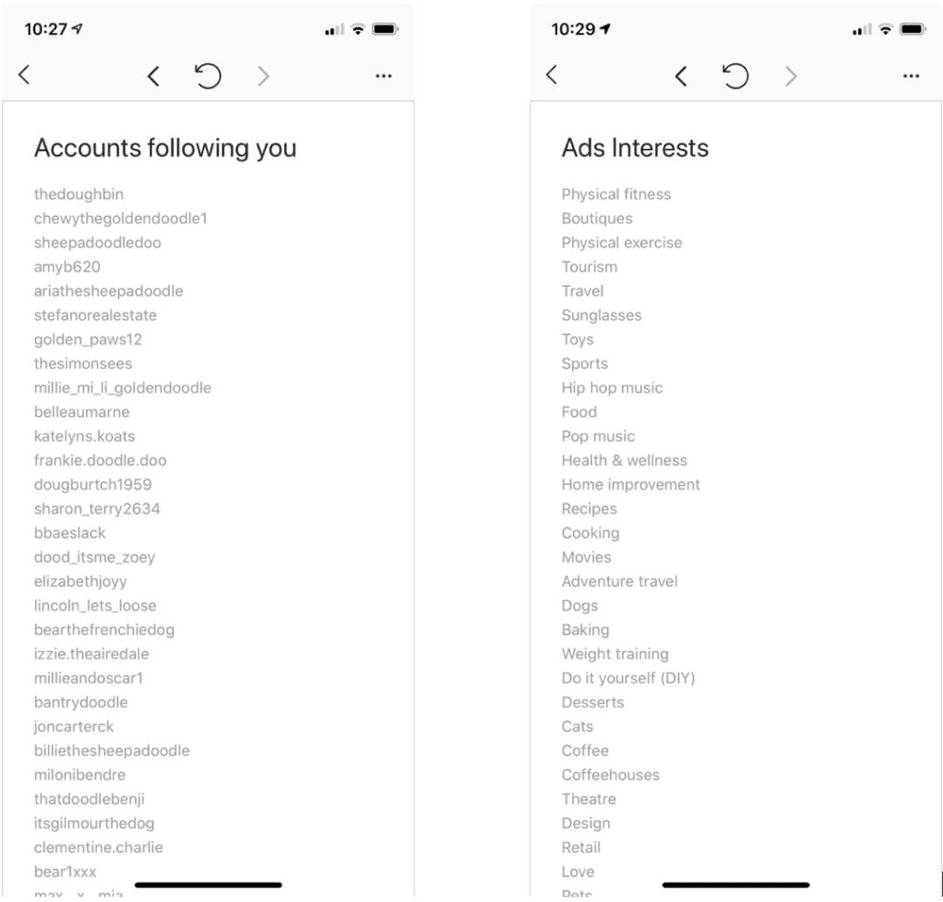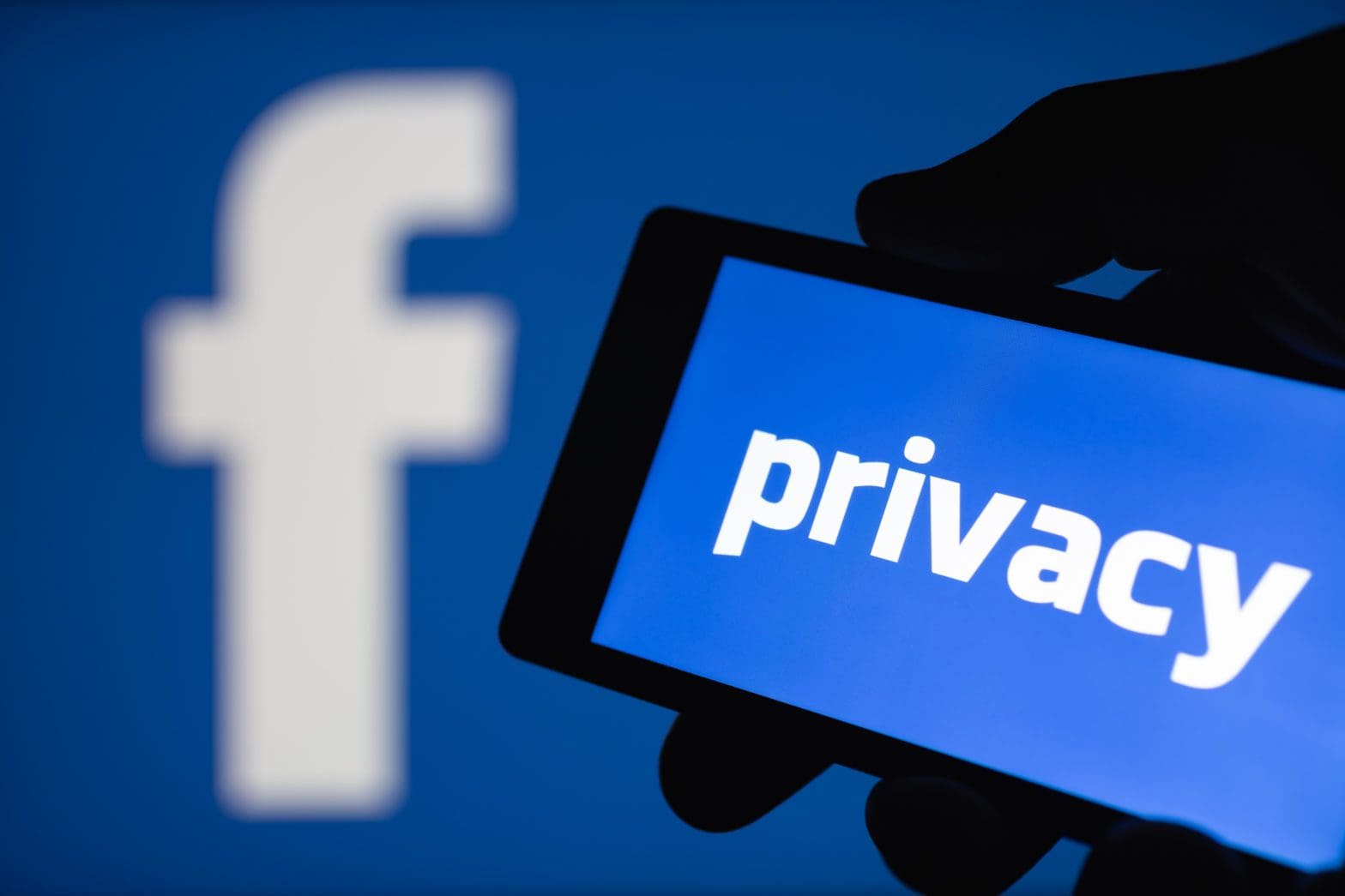As of January 1, 2020, the California Consumer Privacy Act (CCPA) went into effect, forcing many U.S. companies to improve their privacy standards, Thanks to the European Union's General Data Protection Regulation (GDPR), some organizations were prepared for this change and well equipped to handle the shift in compliance requirements. While other organizations scrambled to meet new privacy standards, some turned to AI for a helping hand- which we’ll get to later but first, let’s define the privacy law everyone’s talking about.
The CCPA In a Nutshell
Generally speaking, the CCPA impacts any company, regardless of physical location, that serves California residents and:
- Brings in annual revenue of $25 million or more,
- Handles personal data of at least 50,000 people, or
- Earns more than half its revenue selling personal data.
To be clear, these companies do not need to be based in California or even the United States, to fall under this law.
Facebook's Polarizing Reaction to the CCPA
Although a few exceptions to the rule above exist, it appears Facebook would be governed by the CCPA. Facebook brings in billions of dollars in revenue each year, collects personal data from over two billion people (with millions of users living in California – the same state where its headquartered), and earns the majority of its revenue through targeted advertising to its users.
Despite that, Facebook is taking a coy yet combative stance with regards to the CCPA’s application. In a December blog post by Facebook, it states:
We’re committed to clearly explaining how our products work, including the fact that we do not sell people’s data.
Facebook is adamant it does not sell user data and as such, it’s encouraging advertisers and publishers that use Facebook services “to reach their own decisions on how to best comply with the law.” Facebook is attempting to shift responsibility to the companies that use Facebook for advertising purposes. To some, this may seem a bit surprising, however, their position aligns with previous arguments associated with privacy lawsuits dating back to 2015.
Facebook is drawing a line in the sand. My interpretation of Facebook’s blog post is this: We do not sell the data we collect. We merely offer a service to help businesses advertise. As such, we’re exempt and the CCPA does not apply. Regardless, we’re CCPA compliant and have invested in technology to help our users manage their privacy.
Recall above, I mentioned there are a few exceptions to the rule. Well, per the CCPA, some “service providers” are exempt. Service providers require data from others to offer their services and in these situations, the transfer of data is acceptable. Facebook doesn’t technically “sell” user data; Facebook simply makes it easy for companies to advertise to targeted individuals on its platform by leveraging the personal data it collects.
Facebook is taking a clever stance but legal experts are not convinced it will hold in the court of law. Some believe Facebook does not fall under the “service provider” exemption because it uses the data it collects for other business purposes in addition to providing advertising services. Therefore, Facebook would not be exempt and the CCPA should apply.
Potential Penalties for Facebook
In 2019 alone, 27 companies, including Google, Uber and Marriott, received penalties totaling over €428 million. With the CCPA now in effect, fines from both the GDPR and CCPA are expected to reach billions in 2020.
If a business fails to cure a CCPA violation within 30 days of notification of noncompliance, the business may face up to $2,500 per violation, or $7,500 per intentional violation. For example, if a company intentionally fails to delete personal data of 1,000 users who made those requests, the resulting penalty could be $7.5 million.
So, what could this look like for Facebook? Well, according to estimates and calculations by Nicholas Schmidt, a lawyer and former research fellow of the IAPP Westin Research Center, Facebook “could face a rough full maximum penalty of $61.6 billion for an unintentional violation affecting each of its users and up to $184.7 billion for an intentional violation.” That’s a whole lot of cash, even for a company worth over $500 billion. This may explain why Facebook has taken steps to help people access, download and delete their data, in accordance with the CCPA.
Despite Claiming CCPA Exemption, Facebook Makes Effort to Comply
The CCPA provides consumers with new data privacy rights, including the right to data collection transparency, the right to opt-out, and the right to be forgotten.
Essentially, consumers have the right to know what data of theirs is being collected, if their data has been shared with others, and who has seen or received their data. Consumers also have the right to opt-out, or in other words, prevent the transfer or “sale” of their data. And even if they opt-out, they still have the right to receive the same pricing or services as those who have not. Equally as important, consumers have the right to access their own personal data and request its deletion.
The CCPA borrowed the “Right to be Forgotten” aka the “Right to Erasure” from the GDPR and applies its similar variation as the “Right to Request Deletion”
When I prepared this blog post, I learned that Instagram (which is owned by Facebook) has made it incredibly easy for people to review and download their personal data. Rather than forcing users to jump through hoops, send email requests, and wait 45 days for a reply, Instagram has streamlined the request and data review process required under the CCPA. It took me only a minute to send a request to download data and to exercise my “right to request deletion”. Viewing my account and advertising data was simple and straightforward too:

Facebook is going above and beyond in an attempt to meet CCPA compliance for all users, regardless of where those users reside. Based on their updated user experience for CCPA inquiries and data reporting, it seems like Facebook is aware it falls under the law – regardless of what it states on its blog.
Lessons Learned from Facebook and How To Use AI for Compliance
The CCPA influences how businesses collect, store and share data, which continues to create ripple effects of improved policies and procedures nationwide.
In an effort to meet CCPA compliance, Facebook provides a great example of how to embrace artificial intelligence and self-serving tools to help individuals manage privacy. Despite Facebook’s position on the CCPA, we’ve seen how they’ve updated their “help center” and automation flow to meet the requirements of this new law. Some companies, however, are handling privacy requests manually, one email at a time, which is resulting in additional work for its employees. Others are turning to artificial intelligence to handle these tasks while improving security, compliance and data protection.
To prevent fraud, organizations are using AI to verify user identity before allowing people to download their personal data. Some businesses are using AI-powered chatbots to efficiently answer privacy related questions and manage data access. In addition to fraud detection and customer support, companies are using AI to generate synthetic data for CCPA compliance. This saves companies hundreds of hours of time spent masking personally identifiable information and empowers organizations to train machine learning algorithms regardless of how much customer data has already been (or will be) deleted.
Artificially manufactured synthetic data appears just as real to the naked eye but contains no personal information from actual users. Since it’s generated by an algorithm that learns the patterns and correlations of raw data before using this knowledge to create new, highly realistic synthetic data, it’s completely anonymous and untraceable to any individuals. Therefore, synthetic data can be freely shared amongst teams without the risk of reverse engineering any users’ identities or personal information. It’s with this advancement in technology that companies can protect the privacy of its users and continue to make data-driven decisions.
Organizations around the globe, including Amazon, Apple, Google and Uber are now using synthetic data. It’s an incredible tool to train AI and leverage data previously collected without putting any of your customers at risk. It’s GDPR and CCPA compliant, and rumor has it, Facebook is already using synthetic data too.
If you focus on compliance, AI, or anywhere in between, we’d love to hear how you’ve embraced the CCPA. You can contact us here, anytime, for a fun conversation or friendly debate.



